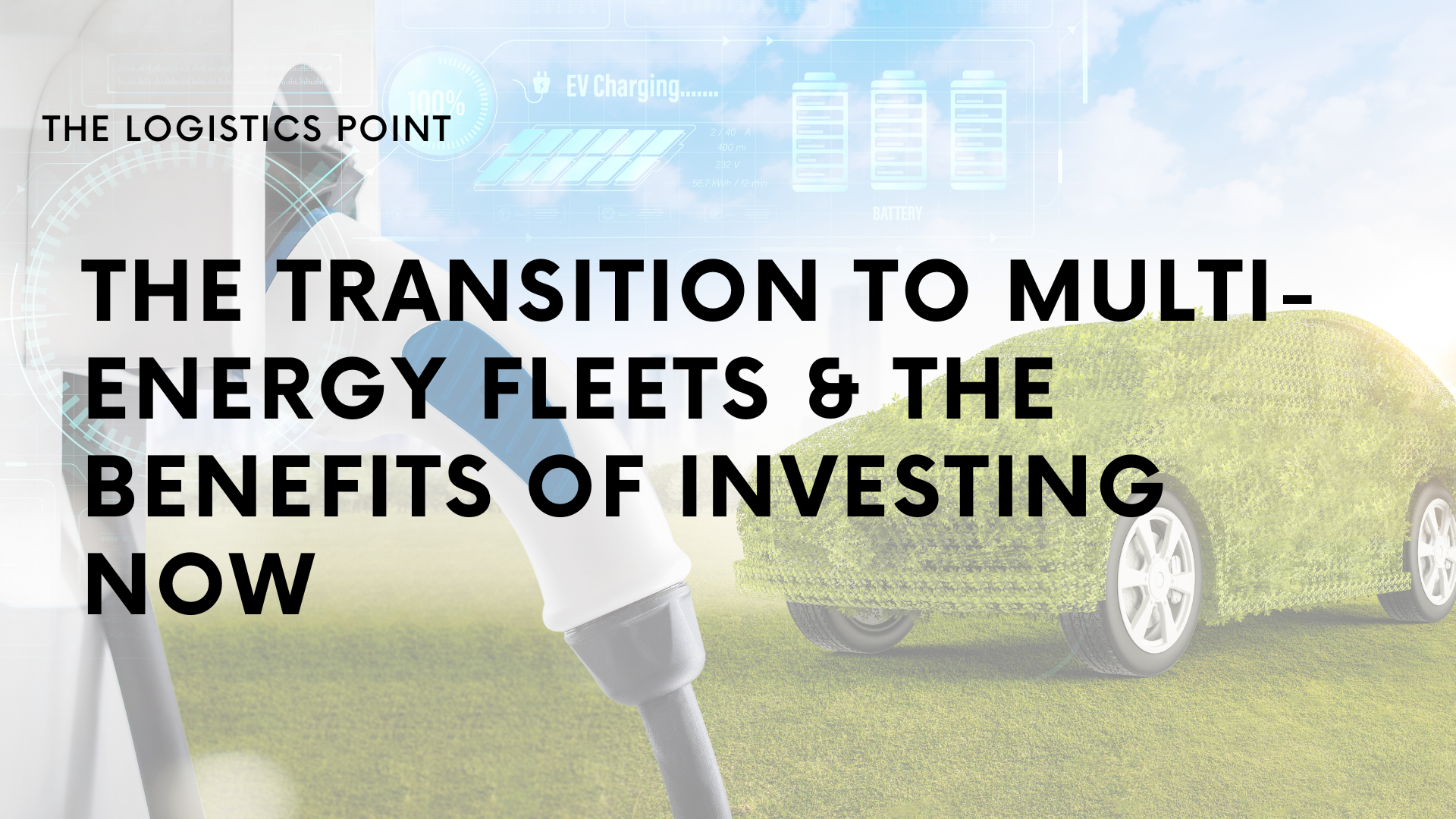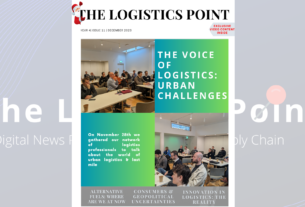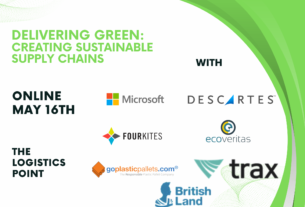Many fleets are operating a multi-energy fleet or are about to begin their transition while still experiencing a lack of awareness and readily available, trustworthy guidance. A new survey by Teletrac Navman, a Vontier company, has recently been announced and we spoke to Carlos Caponera, Chief Marketing Officer about the finding and what they mean for the industry. Stories from our March edition here!
‘It’s particularly interesting to see how the transition to alternative fuels has become a pressing issue, indicating a significant shift in the industry’s focus towards sustainability and environmental responsibility,’ Carlos begins.
But many organisations feel the government is not doing enough to provide the necessary help and have doubts about the support they will get and the direction that is being taken. So should fleet managers invest in sustainability without a clear direction? For Carlos the answer is more than positive. Investing in green operations can lead to long-term cost savings, improved brand reputation, and customer loyalty. Moreover, being proactive in sustainability can position a company as a leader in the industry, potentially influencing policy and setting new standards.
Influencing the pace
Government commitment can significantly influence the pace and scale at which sustainability measures are adopted. Supportive policies, subsidies, and regulations can make it easier and more cost-effective for companies to invest in green technologies and practices. In addition, heavy government commitment through subsidising or providing funding for increased adoption and acts as a catalyst for growth. ‘However, a lack of commitment can result in barriers to adoption and missed opportunities for industry-wide progress,’ Carlos points out.
Managing costs & maintenance
Companies can better manage fuel and maintenance costs through various strategies:
- Implementing telematics and fleet management software to optimise routes and improve fuel efficiency.
- Investing in regular maintenance to prevent costly repairs and extend vehicle life.
- Exploring the use of alternative fuels and more fuel-efficient vehicles.
- Adopting a proactive approach to fleet renewal, phasing out older, less efficient vehicles.
- Encouraging eco-driving behaviours among drivers to reduce fuel consumption.
What can slow us down
One major concern is the potential gap between the pace of technological advancements and the industry’s ability to adopt them. There’s also the challenge of ensuring that the infrastructure for alternative fuels keeps pace with the demand. ‘What often doesn’t get enough attention is the need for a skilled workforce to manage and maintain new technologies, as well as the importance of aligning all stakeholders, including suppliers, customers, and governments, to create a cohesive approach to sustainability,’ Carlos finishes.



